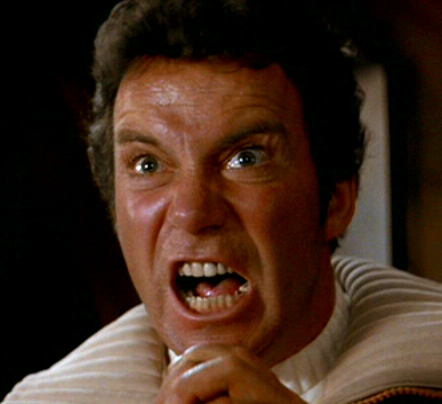Since I write a lot about how we talk to each other in this blog and my professional one, I hear the word drama a lot. It’s almost always used to describe something people don’t want to discuss. It’s a one-word arsenal meant to shoot down anyone you disagree with. I get shot at a lot. And I’m perfectly fine with it.
Yesterday I publicly took a local newsman to task for relishing his coverage of the Boston Marathon bombings a little too much. He was on Facebook, telling us about how he had the best information and the best inside sources at the hospitals and in law enforcement. He ripped politicians who didn’t come right out and call this a terrorist attack. He kept track of the death count like a scorekeeper at a ballgame, going on about how the media was reporting three deaths but his tally was four.
He boasted that his info was the best, better than Fox, better than the Eagle-Tribune, a local newspaper he competes with fiercely. He carried on exactly as he has in the past, and that’s why I wrote this post a few weeks ago. When all you can do is toot your horn during your reporting, you become part of the problem in media today.
The reaction to my criticism was swift. Some agreed with me, while others defended him. The defenders accused me of creating drama, as if covering a national tragedy like a ballgame wasn’t drama itself. One person said I was engaging in a “form of adult bullying.” Another told me I needed to “get laid.”
As my 9 year old likes to say: “Whatever.”
Facebook is a place where everyone loves to express their outrage and pride with memes and sayings that are not fact-checked. That’s drama, too.
If I smell something that stinks, I’m going to say something about it. As a writer, that’s what I do. If it offends you, unfriend me or unsubscribe from my posts.
Better yet, do something about the drama you create.

